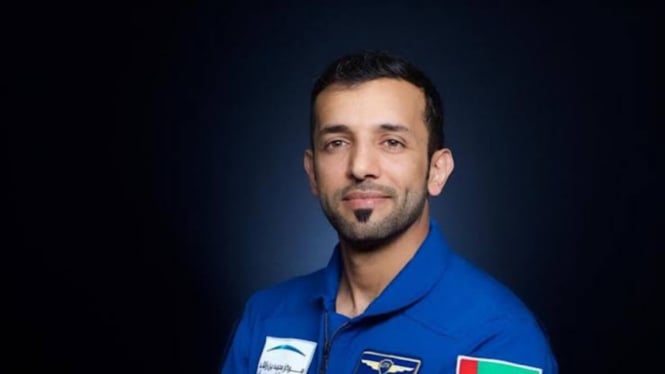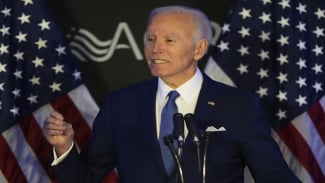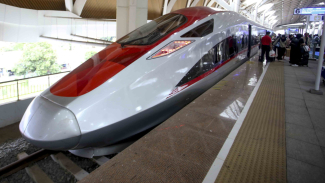How Muslim Astronauts Observe Ramadhan in Space: Are They Fasting?
VIVA – The United Arab Emirates (UAE) astronaut Sultan Al Neyadi welcomed Ramadhan 1444 H in space. He arrived at the Space Station on March 2 after being launched into orbit on SpaceX's Falcon 9 rocket aboard the Crew Dragon spacecraft.
"Ramadhan Mubarak. Wishing you all a month filled with blessings," Al Neyadi wrote on Twitter, on Thursday while sharing a video of his spectacular views of the Earth, moon, and Venus from the International Space Station. "Sharing the beautiful nighttime scenery from the International Space Station Station with you all."
As known, Ramadhan is the ninth month of the Islamic calendar and in 2023 will last from roughly March 22 to April 23, depending on local sightings of the crescent moon. The Islamic calendar follows the moon, meaning that the dates change yearly to the Gregorian calendar that most of the world uses.
While most adult Muslims must fast from dawn to sunset as one of the five Pillars of Islam, then, Al Neyadi may not participate for operational reasons.
"We're actually allowed to eat sufficient food and to prevent any escalation of lack of food or nutrition or hydration," Al Neyadi said of Muslim travelers during a pre-flight press conference on January 25.
He added that his priority will be serving the mission, as he cannot do activities that can jeopardize the mission or maybe put the crewmember a risk. So, it concludes that Muslim Atronauts aren’t fasting in Space.
For information, Al Neyadi is not the first Astronaut to mark Ramadhan in space, the first-ever Muslim to go to space was Prince Sultan bin Salman Al-Saud of Saudi Arabia, who arrived towards the end of the Ramadhan on June 17, 2985, on the weeklong space shuttle mission STS-51G.
The UAE astronauts are scheduled to conduct 19 specialized experiments on topics such as back pain, plant biology, heart health, materials science, radiation, sleep, and fluids, according to an overview provided by the Mohammad Bin Rashid Space Center which manages the UAE astronaut program.
Two outreach experiments with students are also planned to look at tooth or mouth cells in space, along with blood flow.
In his first press conference from space on March 6, Al Neyadi said he was still adjusting to floating in space but enjoying the process, "I'm still dealing with it, I'm still learning, but hopefully, I will improve my skills in the coming days.”



















